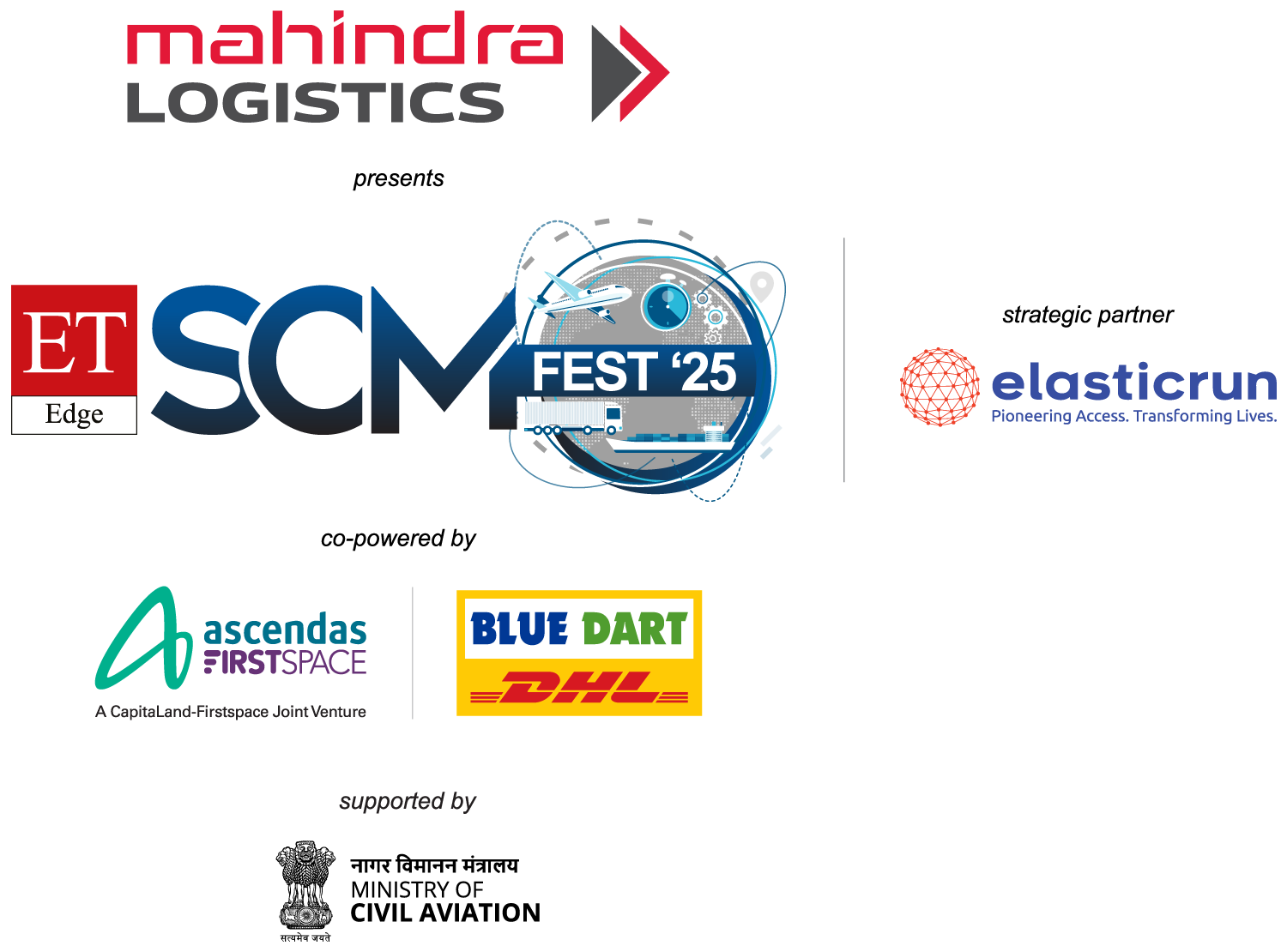Article
- Home
- Article

- scmcp2025
- 0 Comments
Can AI Help in Optimizing the Agricultural Supply Chain?
As the global population rises, the agricultural supply chain faces mounting pressure to deliver food efficiently and sustainably. Traditional methods often struggle with inefficiencies, waste, and a lack of real-time information. Can artificial intelligence (AI) provide the solution to these persistent challenges?
AI has emerged as a powerful tool in transforming the agricultural supply chain. It enhances predictive analytics, improves logistics and inventory management, and increases transparency through blockchain technology. Decision-makers across the industry are now leveraging AI to create more resilient and responsive supply chains.
AI-Driven Predictive Analytics and Demand Forecasting
AI’s capability in predictive analytics stands out in agriculture. By analyzing historical data and current market trends, AI algorithms can forecast future demand with remarkable accuracy. This allows farmers and suppliers to plan production and distribution more effectively, reducing waste and ensuring that produce reaches consumers as needed. For example, AI can predict the demand for specific crops based on weather patterns, consumer behavior, and economic conditions. This level of foresight enables strategic logistics planning, aligning supply with demand and minimizing the risk of surplus or shortage.
Enhancing Logistics and Inventory Management
In logistics and inventory management, AI proves invaluable. AI-powered systems can optimize transportation routes, cutting down fuel consumption and delivery times. Additionally, AI can monitor storage conditions in real-time, ensuring that perishable goods are stored under optimal conditions to prevent spoilage. This is particularly crucial for cold supply chains, where maintaining the right temperature is essential. The integration of IoT devices further enhances this capability, providing real-time data on storage conditions and enabling quick adjustments to prevent losses.
Blockchain for Transparency and Traceability
Combining AI with blockchain technology enhances transparency and traceability in the agricultural supply chain. Blockchain ensures that every transaction and movement of goods is recorded immutably, providing a clear, tamper-proof history of the product’s journey from farm to table. This transparency builds trust among consumers and helps quickly identify and address issues such as contamination or fraud. For example, if a batch of produce is found to be contaminated, blockchain can trace its origin and distribution path, allowing for swift and targeted recalls.
Overcoming Challenges
Despite its benefits, integrating AI into the agricultural supply chain poses challenges. The high cost of implementing advanced AI systems can be prohibitive for small and medium-sized enterprises. Additionally, a robust data infrastructure and skilled personnel are necessary to manage and interpret AI-driven insights. Collaborative efforts from industry leaders, policymakers, and technology providers are essential to create an ecosystem that supports the widespread adoption of AI in agriculture.
The Future of AI in Agriculture
As AI technology continues to evolve, its applications in the agricultural supply chain will expand. From autonomous farming equipment to sophisticated supply chain optimization models, AI is set to play a pivotal role in shaping the future of agriculture. Embracing these technological advancements is crucial for creating a sustainable and efficient supply chain capable of meeting the growing demands of the global population.
Join us at the Supply Chain Management and Logistics Summit
To explore these topics further and discover the latest innovations in supply chain management, join us at the Supply Chain Management and Logistics Summit on 28th June in New Delhi. This conference will bring together industry leaders, decision-makers, and thought leaders for insightful discussions and presentations. Don’t miss this opportunity to learn from the best and stay ahead in the ever-evolving world of supply chain and logistics.
For more information and to register for the event, visit our website et-edge.com/conferences/supplychain/
© Copyright 2025. All Rights Reserved.


